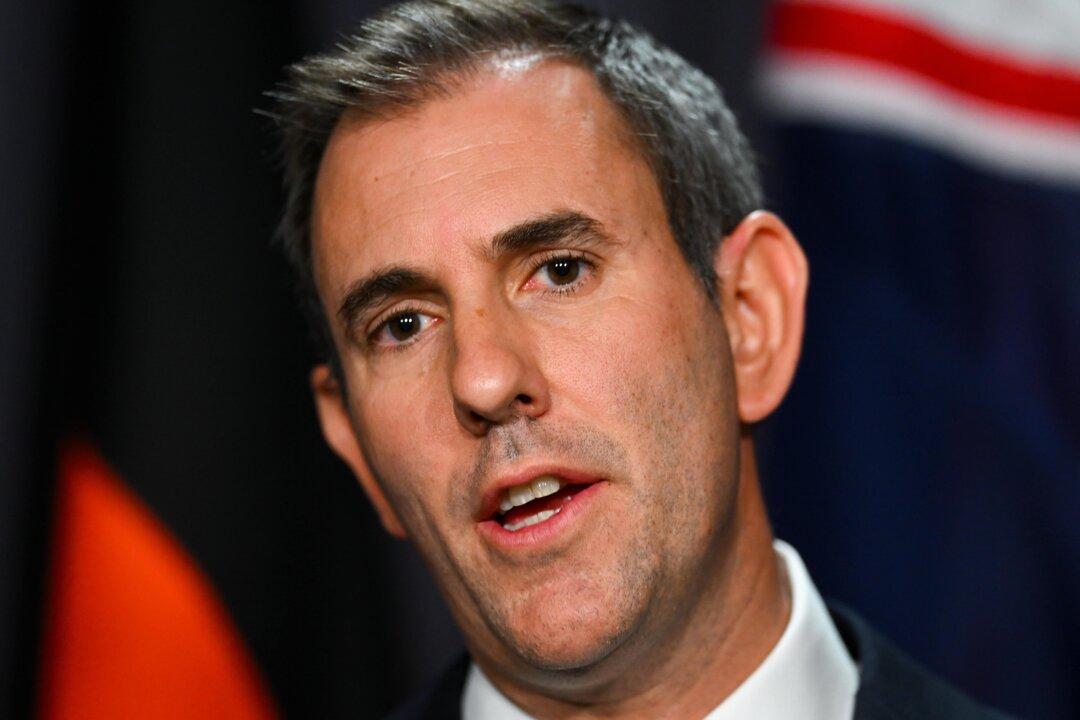Commentary
Honey pots attract bees as well as wasps. So it would seem the $3.3 trillion (US$2.3 trillion) sitting in various super funds for the retirement benefit of Australian workers attracts interested parties.

Honey pots attract bees as well as wasps. So it would seem the $3.3 trillion (US$2.3 trillion) sitting in various super funds for the retirement benefit of Australian workers attracts interested parties.